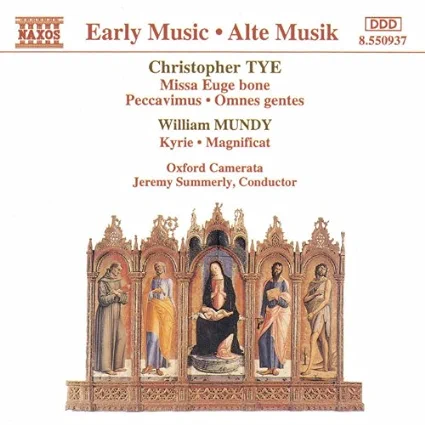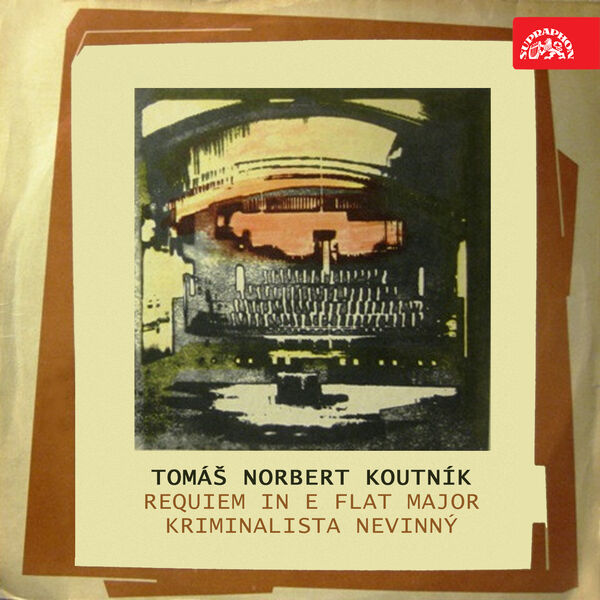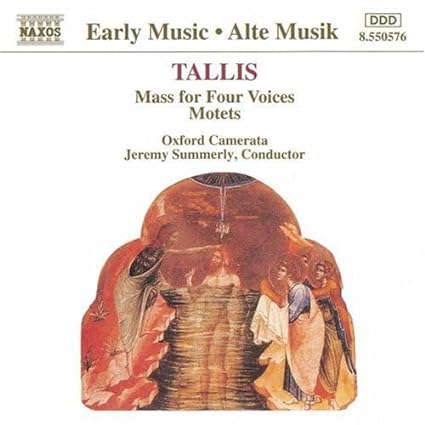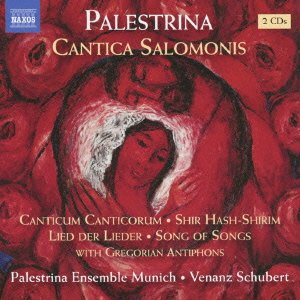Todd A
pfm Member
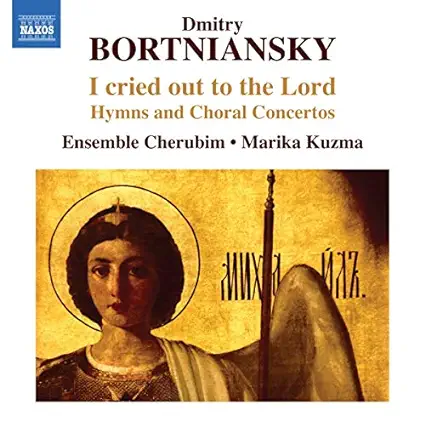
Jumping forward to the classical era, Dmitry Bortniansky makes a first appearance in my collection. This recording starts off with a setting of an anonymous Cherubic Hymn, which sounds aged and serene and lovely, and then things jump into a more identifiably classical era soundworld. Though not entirely. Rather like Tchaikovsky’s later setting of the Liturgy of St John Chrysostom, big slugs of the music sound something closer to timeless. Bug slugs do not, however. Not being a musicologist, I don’t know how familiar Bortniansky may have been with Haydn, or vice versa, but in some of the writing, there’s a vaguely similar style and approach. It does sounds less austere than Tchaikovsky or Rachmaninoff, but the buoyancy, the verve, the energy, and the clear seriousness of purpose works well. The short concerto style writing also keeps things moving along. The singing is all modern US conservatory good, so it is very good, and the recorded sound from the San Franciso venue is quite excellent. A very nice addition to my collection.


